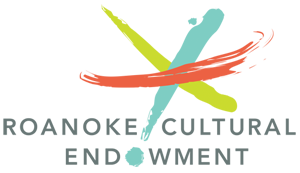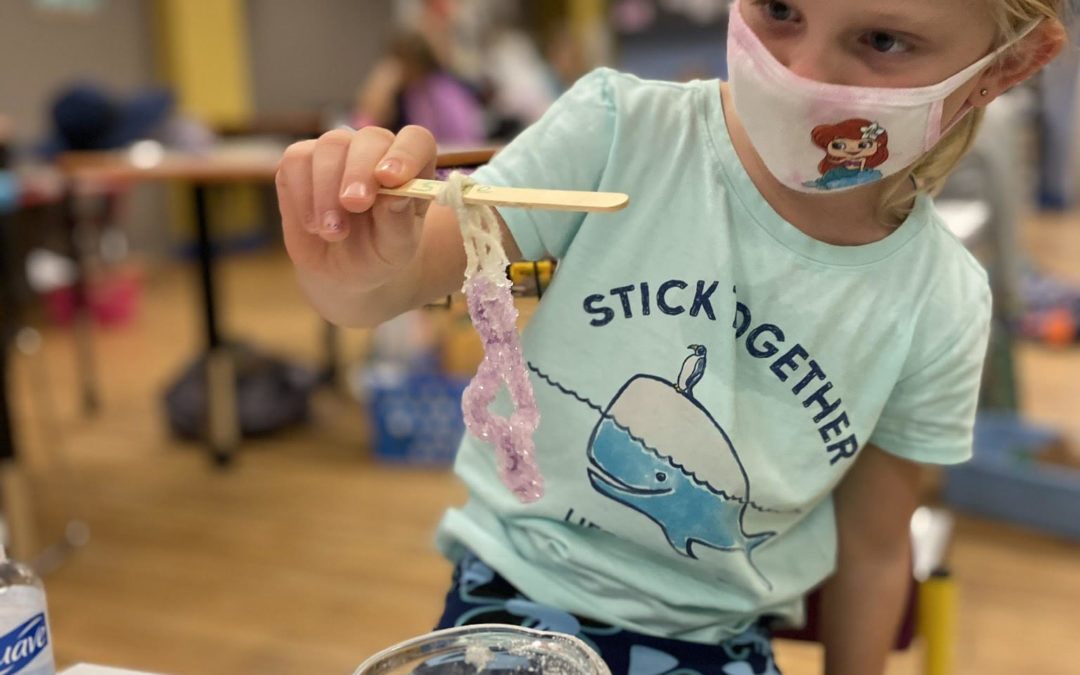Summertime and The Living’s Easy
Unless you’re a parent.
After end-of-year testing and field day fun, the school bell rings one final time, and parents are left to navigate the need for productive, educational, and safe care for their children throughout the break, while the responsibilities of their professional workload continue all summer long.
The task at hand is no easy feat in a normal year, but the difficulty of navigating productive and educational opportunities for children in the wake of COVID-19 during the summer of 2020 was unlike any other.
COVID-19 turned normalcy on its head in every way. Schools sent children home months earlier than usual, and overnight parents who simultaneously were becoming full-time, remote employees were also becoming full-time teachers, camp counselors, and so much more. And for those filling essential roles in the community, staying at home to attempt to fill these essential roles for their children was never even an option.
So on top of navigating the unknown surrounding the virus in the early days of the pandemic, parents were also navigating the fear of how they could meet the needs of their children during such a demanding time – worrying about the physical safety of their children, as well as their educational, social, and creative pursuits that are often so characteristic of summer break.
With schools closed and most private childcare facilities and camps shuttering their doors, our local nonprofits were actively pivoting to find ways to assist families in time of need.
The Show Must Go On
For Virginia Children’s Theatre (VCT), COVID halted plans for a booked season of shows, but it never once stopped their commitment to the community.
As the pandemic unfolded last spring, VCT, previously known as Roanoke Children’s Theatre, found ways to sidestep challenges to execute new programs that would meet the needs of the community where they were at — at home.
“We felt it was so crucial that we executed programs so that our community could lean on us at a time when so many kids were at home and didn’t have resources or access to educational and fun opportunities,” said Brett Roden, VCT’s producing artistic director.
The organization successfully shifted both its student-centered and professional performances outdoors and also began a new series of socially distanced performances at families’ homes.
VCT created virtual programming like “VCT At Home” and “Sleepy Time Stories,” making educational theatre opportunities free and accessible from the safety of home. Kids and their parents could log on to learn about everything from costume design and set design to dance and improv or tune in before bed to experience bedtime story performances.
“Virtual programming expanded our audiences and our network,” said Roden. “We reached new families and worked with theatre artists from around the world that we never would have otherwise this past year.”
By June, VCT was fully prepared to offer a lineup of summer camps, shifting camps to be offered completely outdoors. VCT was able to provide camp options for children anywhere from age three to 12th grade.
As the pandemic crept on forcing ongoing isolation it highlighted concerns of mental health in both adults and youth. VCT ensured that its VCT for Teens program continued, partnering with the Tudor House of Roanoke to use performance as a way to break down the stigma associated with mental health and approach the topic of suicide among teens.
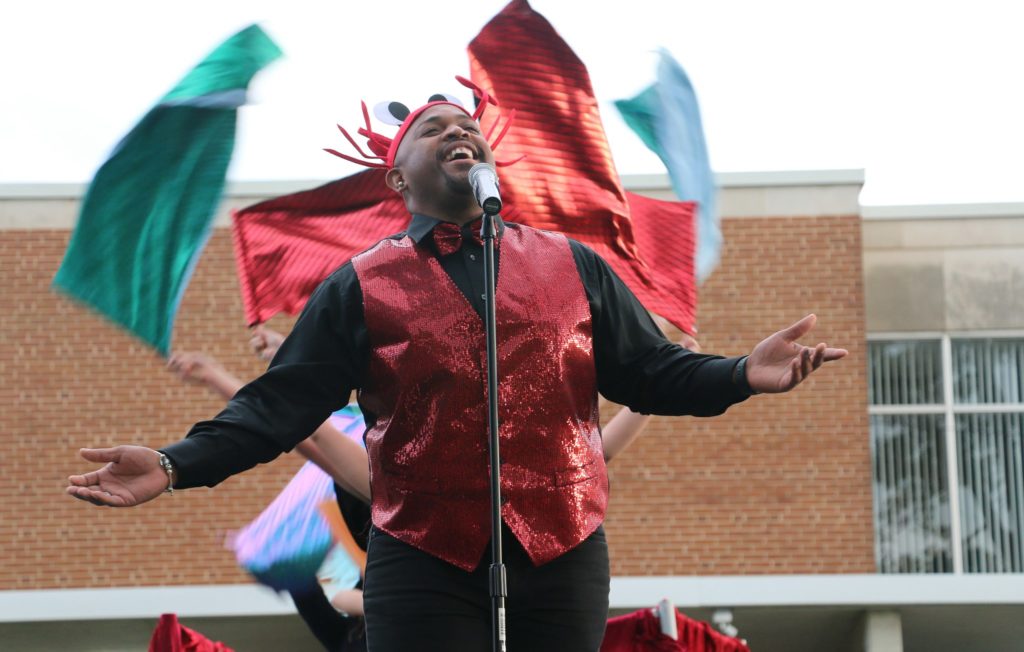
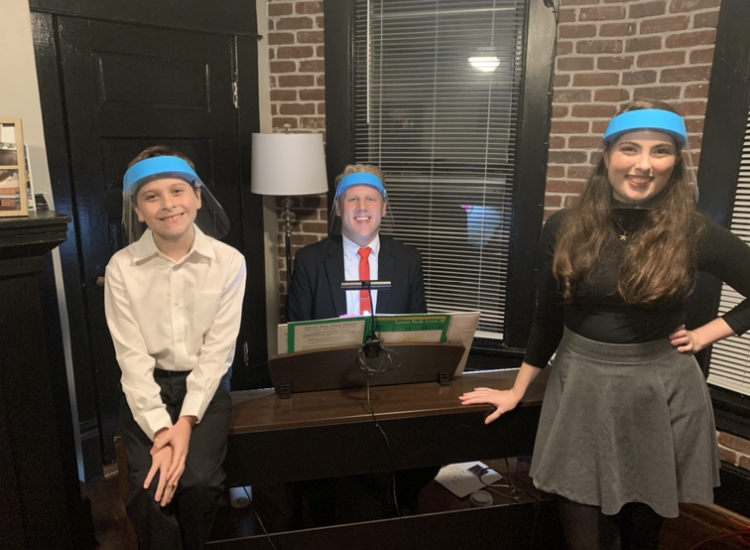
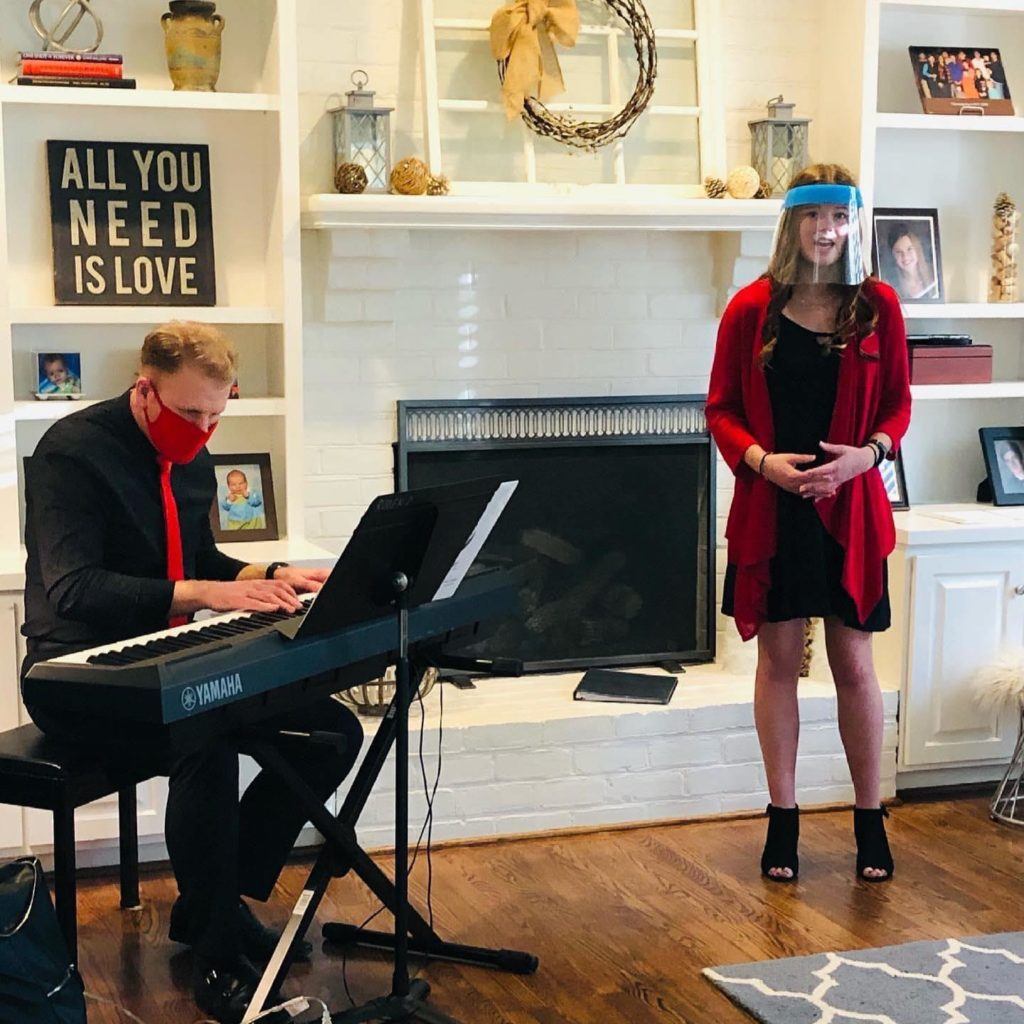
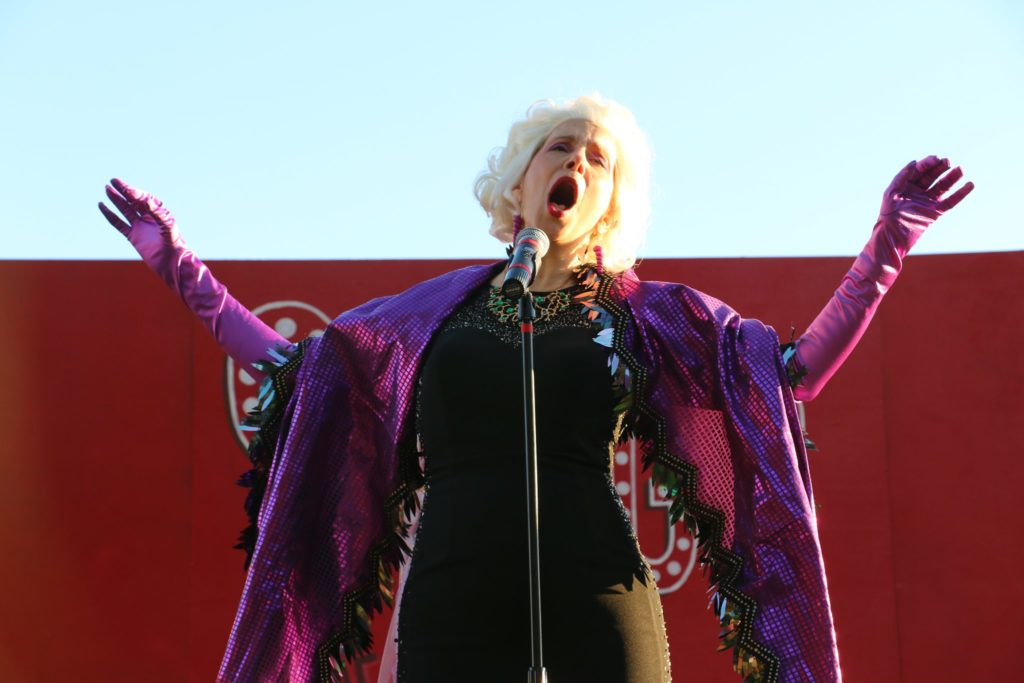
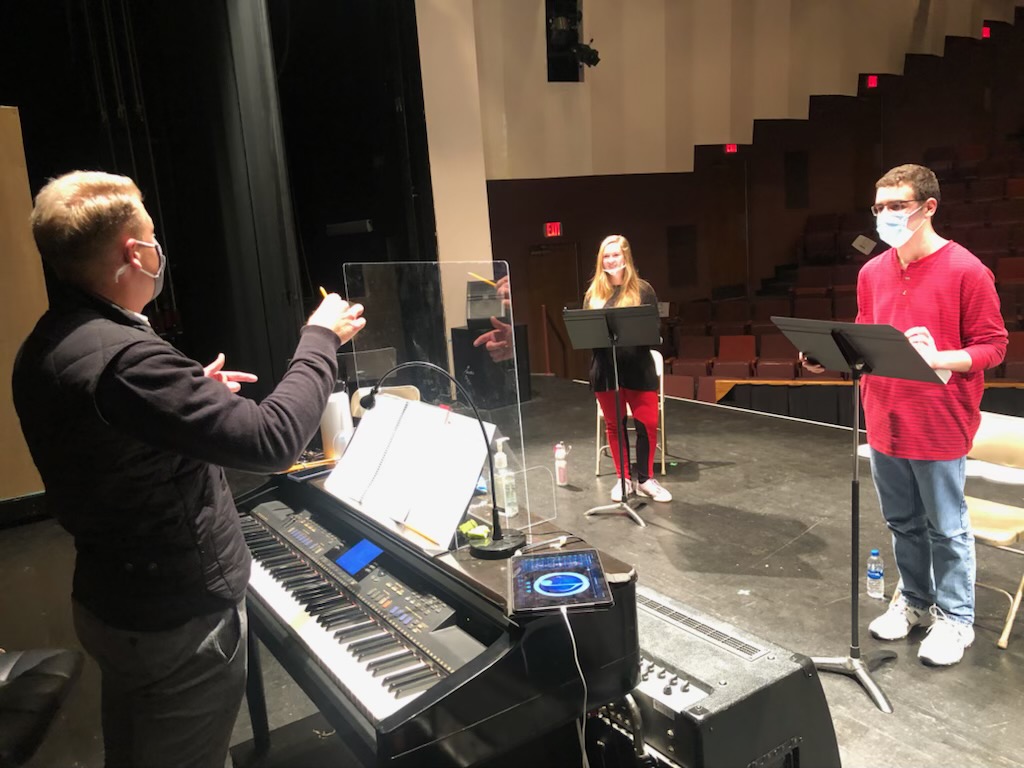
“When it comes to our educational programming these are life skills that kids and young adults are learning through performance,” said Roden. “We navigate tough topics, and we have kids who come into our classes and camps who are nonverbal or shy and by the end of it, they get up on stage and they are singing and dancing and acting. So, the discussion was never if we move forward when COVID hit, but how we move forward – because these are life-changing moments.”
For Roden, the most exciting thing was to see his team overcome challenges and be fearless in their attempt to try new and innovative ways to serve the community. He says the innovations that came out of necessity last year, are continuing and have enhanced how VCT is carrying out its programming this year.
“In a year when we felt bogged down and felt limited, we tried things that we never would have otherwise, and now those are things that we will be continuing doing in the future,” he said. “I never would have thought that we would be doing concerts in living rooms or outdoor theatre, but it’s become sort of a niche in what we offer now.”
Changing Focus to Meet the Need
Just down the street, the team at the Science Museum of Western Virginia (SMWV) was navigating exhibition closures forced by COVID, while also attentively listening to the concerns and needs of those in the community. Executive Director Rachel Hopkins and her team heard loud and clear how parents were struggling with the shift at-home learning, so the team made the intentional decision to keep exhibitions at the museum closed and turn their attention to providing the community with educational support.
Right away the team developed virtual educational materials such as videos and activities to help with the home-schooling process and organized an open-air market, offering free educational materials for at-home learning. Within 45 minutes of the market opening, all of the materials were accounted for.
Like Virginia Children’s Theatre, SMWV also saw the dire need to help families find ways to providing educational havens of care for children whose parents didn’t have the option to work from home and oversee remote learning. Canceling their summer camps wouldn’t be an option.
“We knew how important it would be to maintain our camps, so we ran them at 50% of our enrollment capacity to be able to maintain strict COVID protocols,” said Hopkins. “We were filling a desperate need for childcare services for the parents and the kids were learning and having a good time.”
Once it became clear that schools would not return to normal in the fall, the SMWV team continued its focus on educational support and by August 2020, it transformed the museum into an onsite academy known as “The Lab,” hosting Kindergarten through 7th graders Monday through Friday from 8:30 to 5 p.m.
In just four weeks of planning, SMWV envisioned and executed a holistic educational experience offering a curriculum that covered everything from STEM to performing art, to yoga.
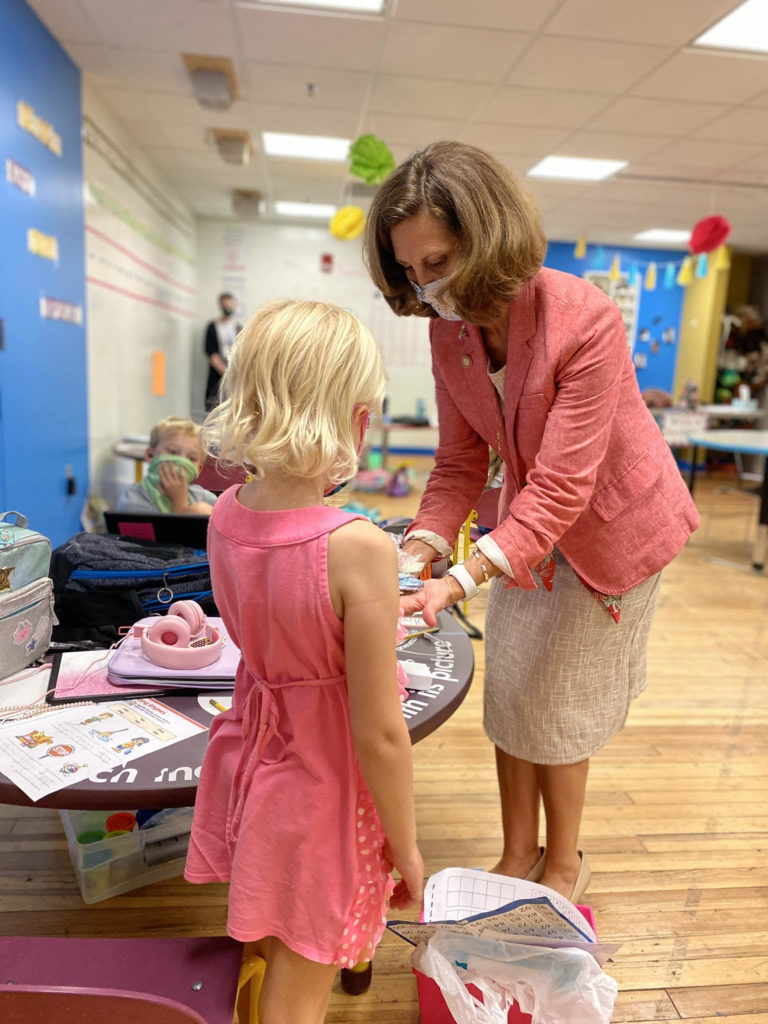
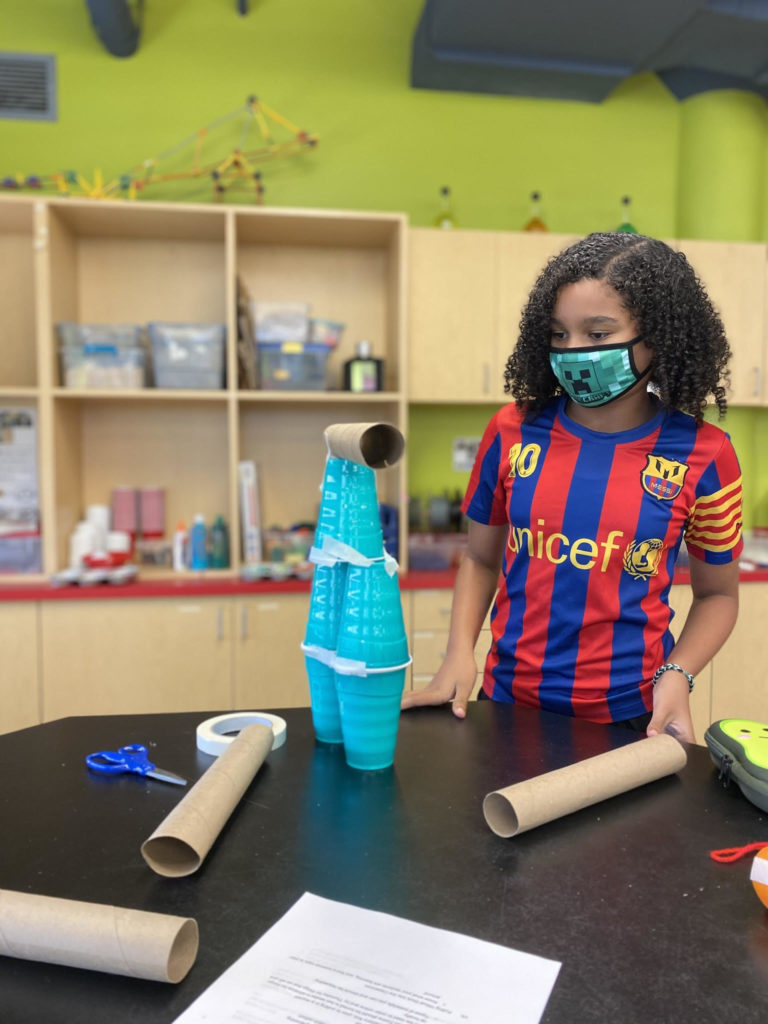
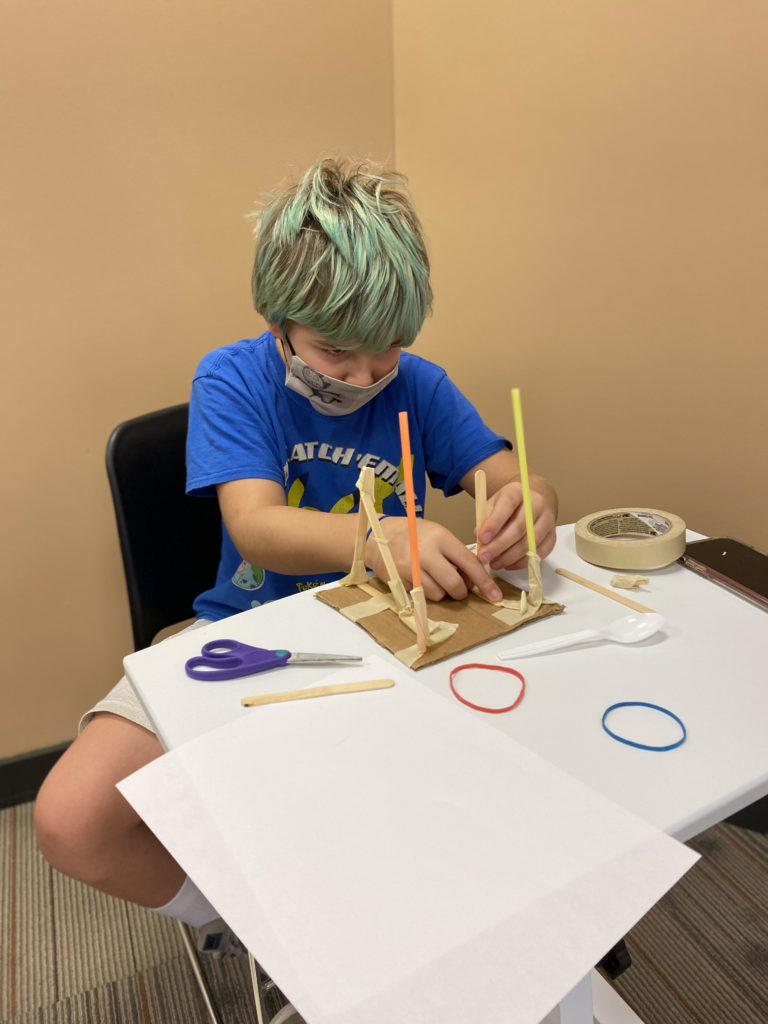
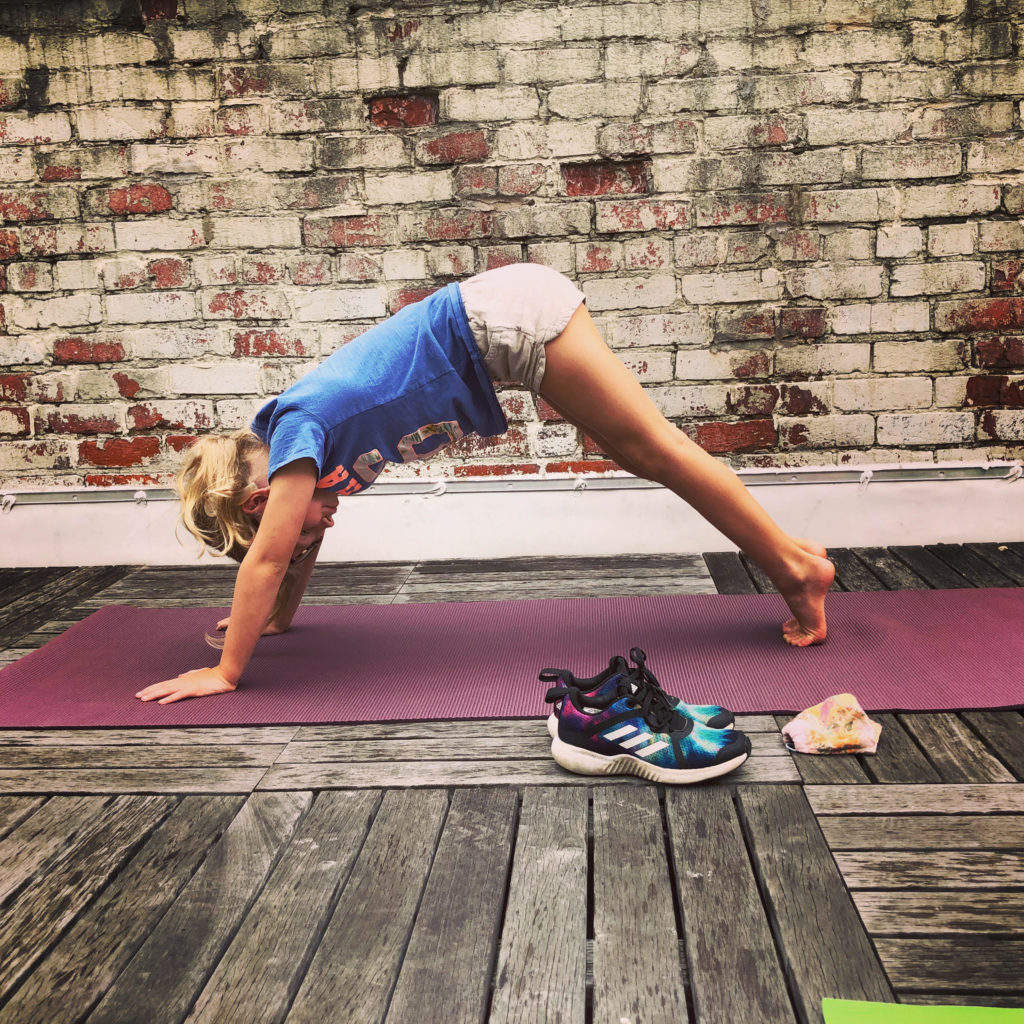
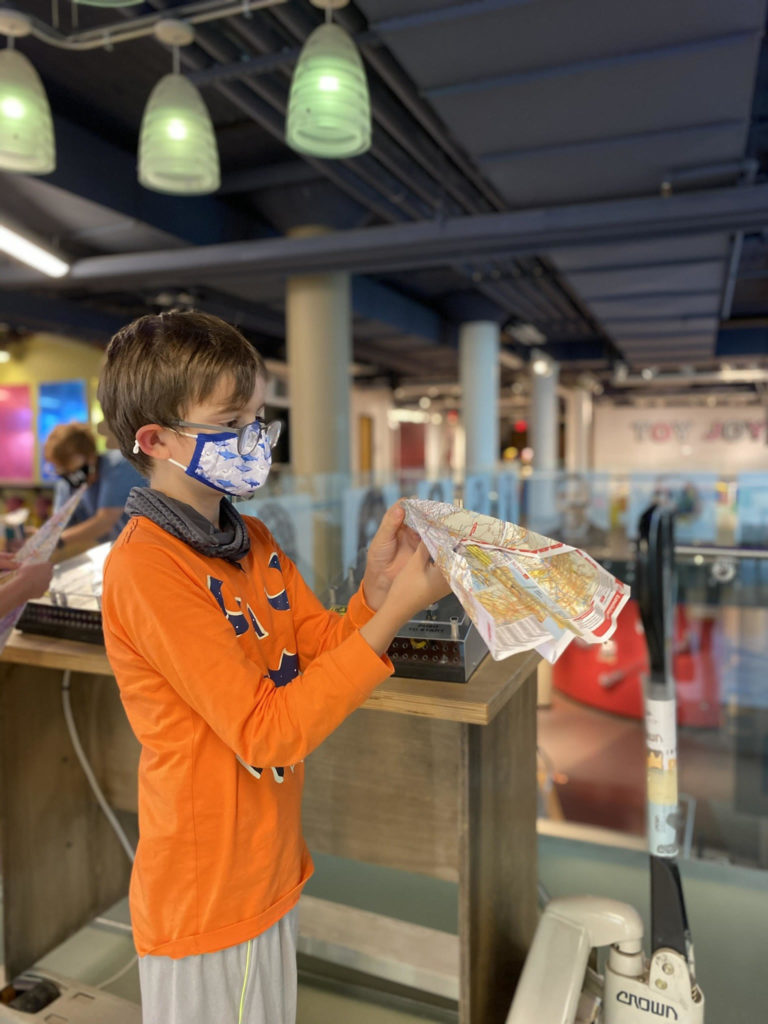
“At the heart of everything we did during COVID, we just wanted to make sure that we were a space for these students to go to learn and have fun and be a space where families could feel confident that they were doing what they needed to do to provide for their children,” said Hopkins.
And like VCT, SMWV’s innovative programming that budded from the challenges of COVID are thriving today. Summer camp enrollment at the museum is at an all-time high this year, and The Lab is now a permanent educational opportunity for the community now offered in multiple formats.
The Power of Nonprofits
In the wake of the pandemic, both VCT and SMWV faced huge financial burdens, relying on donors and local funding opportunities to continue operations. They were navigating pandemic-initiated staff furloughs and strict social distancing and safety requirements. It could have been easy to lay low to save funds or simplify operations.
But through their example and their determination to serve at the highest level during hard times, we experience the power of our nonprofits. Organizations like VCT and SMVW are driven by a deep sense of purpose to the community — their power is in the passion of their people. Staff find ways to serve at the highest quality, even when times are hard and resources are scarce, navigating funding shortages, furloughs, and more.
It was a year of challenge and yet a year of innovation for these organizations. The creative endeavors they implemented last year were so successful they remain in the way they operate today.
Our community benefits greatly when these organizations prosper and are given the freedom to release their creativity and their passion back into the community. That’s why the Roanoke Cultural Endowment seeks to lift up these organizations to breathe a little more deeply in the hard times and push their creative limits in the good. Our children, our families, and our community are better because of their commitment to serve, and we think that’s a worthy reason to ensure they thrive. We are working to cultivate a legacy of stability, engagement, and vitality for our arts and culture organizations in the City of Roanoke and we need you to help us achieve our vision.
